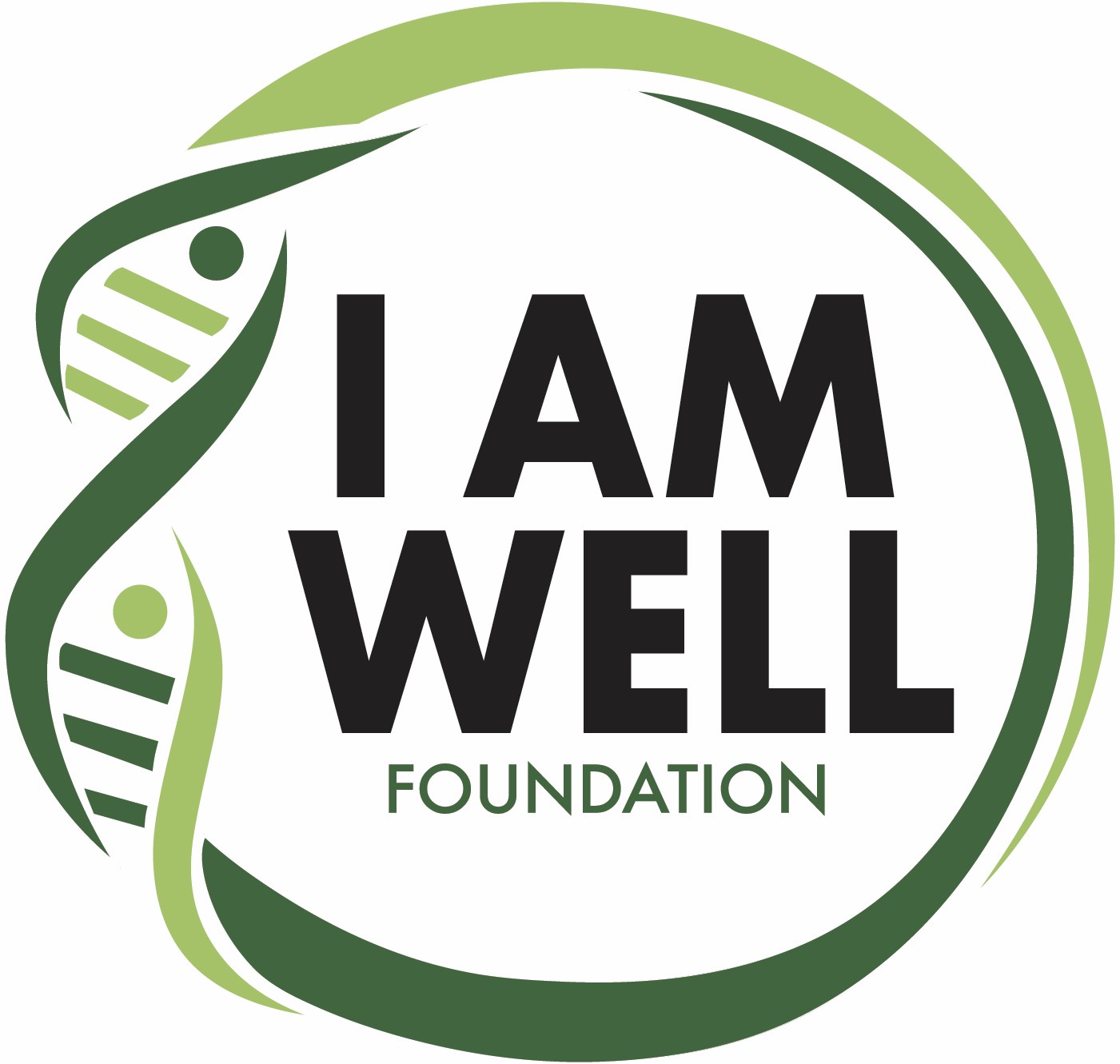WATER
Water is a natural substance composed of the chemical elements hydrogen and oxygen. It exists in many forms, including gas, liquid and solid states. It is naturally tasteless and odorless, and serves a base for many other substances and compounds. Like air, water is also plentiful on Earth, and is essential to all life forms. For human beings, water helps to protect tissues, ensure the proper functioning of the spinal cord, brain and joints, and aids in the digestive process and cardiovascular functions. Because so much of the body’s internal operations rely on water, lack of water can be fatal in just as few as three days. In fact, 70% of the body’s overall physical mass is made of water. It is recommended human beings drink at least 8 cups of water depending on their body weight and mass. While other compounds and substances include water (such as soda, tea, and other beverages and foods), 3-4 liters of clean, unaltered water is necessary for optimal health. In addition to providing internal nutrition, water also provides the basis for external hygiene. Habits and practices such as bathing, showering and washing hands help to remove harmful bacteria and prevent disease. On average, it is recommended human beings bathe or shower 5-7 times per week, and wash their hands daily after using the restroom, before eating, and whenever entering their homes from outside. Certain occupations may require more frequent handwashing, particularly those that include working with food or in the health care industry.
Signs of Optimal Health & Wellness
Optimal hydration and cleanliness provides a baseline for the body’s internal functioning, mental clarity and spiritual connections. Indicators of optimal hydration and cleanliness include:
- Clean, clear urine
- Clarity of mind
- Positive mood
- High energy
- Ability to participate in the full range of mobility capacities of the body
- Absence of disease, pain or discomfort in the joints
- Fully functioning digestive system
Warning Signs
Warning signs the body is dehydrated are plentiful.
- Bad breath
- Dark yellow urine
- Dry mouth
- Muscle cramps and/or joint pain
- Sudden sleepiness or fatigue
- Sugar cravings
- Poor mood and outlook
- Overheating
- Chronic fatigue syndrome
- Thirst
- Cracking of skin, lips, hands or tongue
- Rapid heart rate
- Anxiety
- Depression
- Fear
- Sense of isolation
- Weakness
- Constipation
In addition, when the body is not receiving enough water internally, it begins to retain any water it has received. This results in bloating, fluid retention, and less productive digestive process, which can have long-term impact on the heart, cardiovascular system and internal organs.
SELF EVALUATION
Fortunately, the remedy for many symptoms of dehydration starts with simply drinking more water and continually drinking the recommended amounts. A pinch test can help to determine if dehydration is the root cause. This is done by pinching the skin on the top your hand, while palm is facing down. If it takes longer than 1 second to go back to its normal state, dehydration is likely present. In addition, reintegrating showering, bathing and handwashing can help to re-energize positive immune responses, as well as provide a centering and grounding effect for mental clarity. Surrounding oneself with water in nature, such as lakes, waterfalls and rivers, or even bubble baths, can provide for spiritual, energetic and emotional cleansing. When warning signs appear, be sure to drink water like it’s your job, and increase routine showering and cleansing as needed.
SELF-CARE
- Begin drinking recommended amounts of clean water daily
GET SUPPORT
Like air, water is critical to human survival. Support should be sought whenever symptoms include increased confusion, dizziness, fainting, heart palpitations, extreme fluid retention, shortness of breath, and/or inability to urinate. Learn more about healthy hydration and efforts to promote clean water. If drinking water is not helping, it’s time to see a medical doctor.
EMERGENCY
If you or someone you know is unable to move or breath or feels faint (or has fainted):
- Dial 911; or
- Go the nearest hospital emergency room
